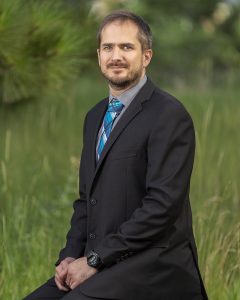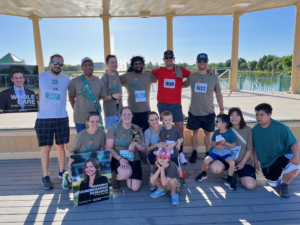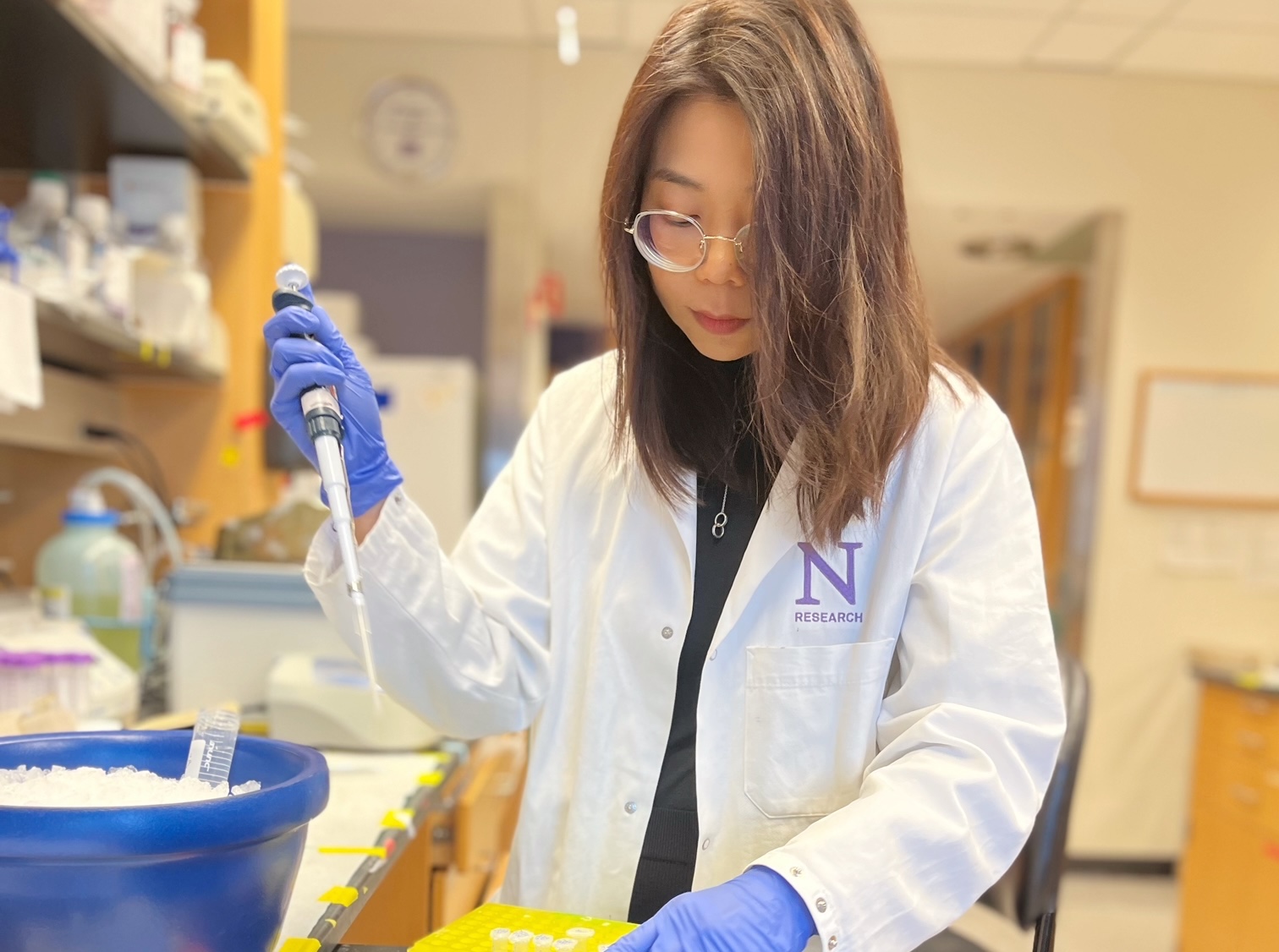
Dr. Benjamin Bitler of the University of Colorado is a 2022 recipient of OCRA’s Collaborative Research Development Grant. His OCRA-funded project, which is expanding on findings from the Ovarian Cancer Research Group at the University of Colorado, aims to harness cutting-edge molecular profiling and advanced computational analysis in order to predict ovarian cancer recurrence and provide secondary treatments specific to each tumor.
Scientists like Dr. Bitler are breaking ground toward an ovarian cancer cure, and they need our support. Give today to enable future discoveries.
What initially sparked your interest in science?
The spark of my scientific curiosity can be traced back to my third-grade science fair project. My dad and I worked together to investigate the impact of temperature on motor oil viscosity. We worked through the experimental design, conducted the plan, tabulated results, and presented the data. This experience showed me the fun of using science to answer a question.
What drew you to the field of ovarian cancer research?
Like most, I have a personal connection to cancer. And after completing my PhD research on breast cancer, I wanted to expand my knowledge into other cancer types. In comparison to breast cancer, ovarian cancer stood out to me as a disease that urgently needed research. This was highlighted by the fact that as late as 2010, there was still controversy about the ovarian cancer cell of origin.
Ovarian cancer is a complex disease, like a puzzle that can only be fully understood when all the pieces are placed correctly. The work I have done as a postdoctoral fellow — and now as an independent investigator — has been highly meaningful, as I feel we have provided important puzzle pieces in our pursuit of a better understanding of ovarian cancer.

Can you explain your research project?
A problem with ovarian cancer is that after treatment, cancer often returns. Our project is to figure out why the cancer returns and what is the best way to treat cancer after it returns.
Ovarian cancer tumors consist of many different cells. And when these cells are treated, they communicate with each other with coded messages. Specifically, our project aims to decode these messages so we can predict the return of cancer and stomp it out!
What motivates you to persist in your research?
My motivation stems from my interactions with the ovarian cancer community, including patients, caregivers, genetic counselors, nurses, gynecologic oncologists, pathologists, researchers, foundations, and community organizations. We are all focused on the same goal — to eradicate ovarian cancer. This shared mission motivates me to continue on days when research is fraught with challenges.
What is your hope for the field of ovarian cancer research?
My hope for the field of ovarian cancer research is to define personalized therapies for every patient. Related to our project, our hope is to not only identify patient-specific therapies, but to establish an approach that could provide actionable information to clinical providers and patients. I want to make every person fighting ovarian cancer a ‘super responder’!
If you had the opportunity to personally thank someone from the OCRA community who supported your work, what would you say?
The OCRA community is highly supportive and collaborative, which makes it difficult to name just one person. I want to thank OCRA for supporting The University of Colorado Ovarian Cancer Research Group.
I would like to personally thank:
Carol Goldstein: A patient advocate, friend, and fellow researcher.
Kian Behbakht: An incredible patient-centric gynecologic oncologist, a collaborator, and a friend.
Rugang Zhang: My scientific mentor who motivated me and always set the bar high.
Ronny Drapkin: The Ovarian Cancer Syndicate has been a beacon of hope and an incredible collaboration builder for ovarian cancer researchers worldwide.
Ken Nephew: A colleague who demonstrated the meaning of a translational research project.
See more OCRA-funded research projects focused on ovarian cancer recurrence.



